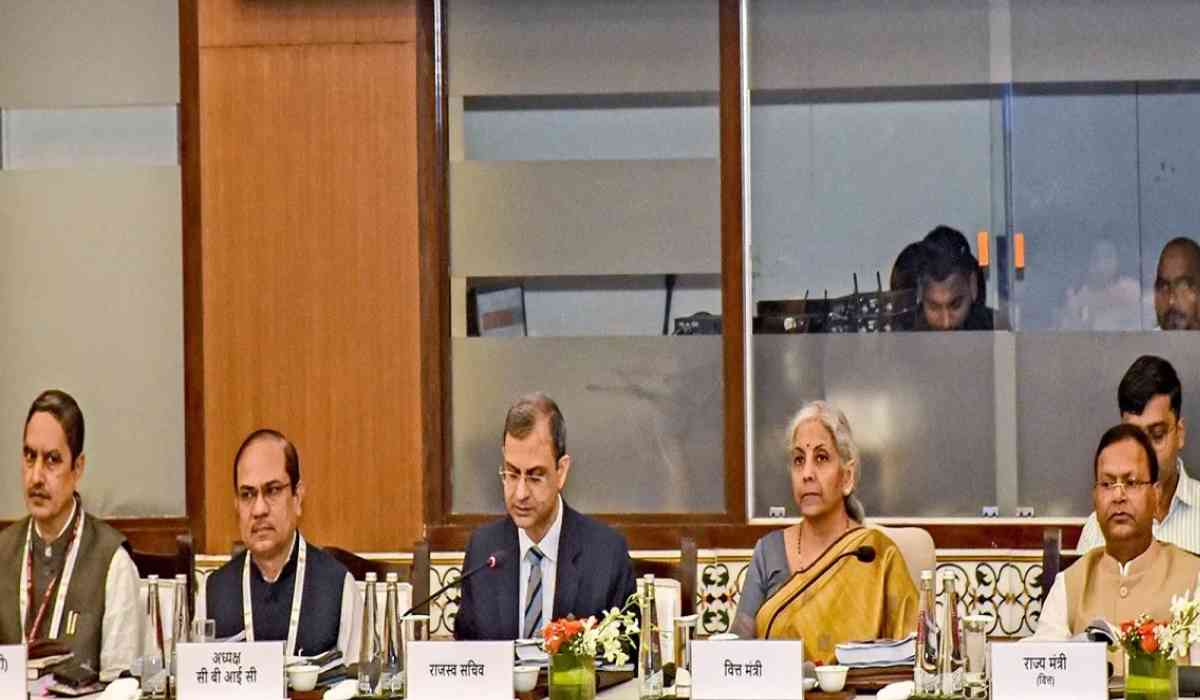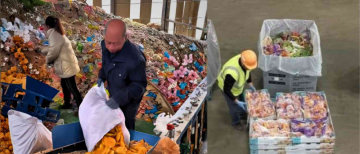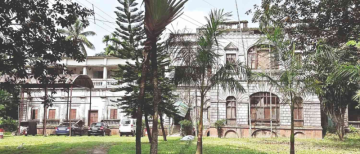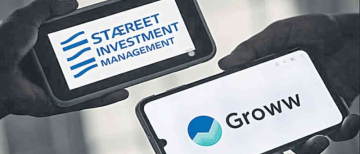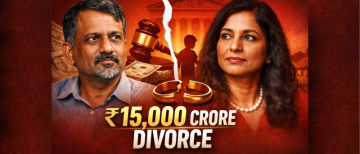Chaired by Finance Minister Nirmala Sitharaman, the 54th meeting of the Goods and Services Tax (GST) Council has taken a set of critical decisions aimed at smoothening the functioning of the GST mechanism at all levels, rationalizing tax rates on a host of basic essential commodities, besides addressing various other tax issues. The GST Council met in the national capital New Delhi, where state finance ministers and senior officials of the finance ministry were in attendance.
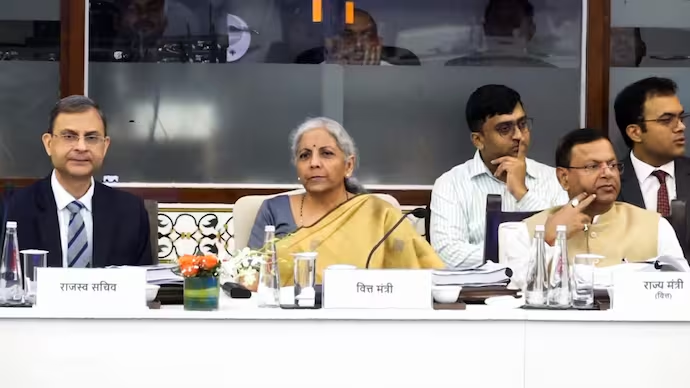
Key Decisions from the Meeting:
- Online Gaming and Casinos: Revenue Surge:
The Finance Minister, while presenting the budget, had pointed to the whopping 412% surge in revenue following the imposition of GST on online gaming. The explanation for this phenomenal increase was because of increased regulatory mechanisms and implementation of tax in the gaming industry. The status report on online gaming casinos was submitted to the fitment committee. This shows that this is one emerging sector with a high potentials for revenue generation for the government.
- Constitution of GoM for Reduction in GST Rates on Medical Insurance:
The government set up a new GoM to discuss issues connected with the rate reduction in Goods and Services Tax levied on medical health insurance premiums. Headed by the Deputy Chief Minister of Bihar, the GoM would submit its report by October 2024. Such a proposition will help reduce the cost burden on policyholders and ensure better access to medical insurance covers.
- GST on Cancer Drugs Reduced:
One major decision was to reduce GST on cancer drugs from 12 percent to 5 percent. The move is expected to lower the cost of treatment for cancer patients and make life-saving medicines more affordable for those in need.
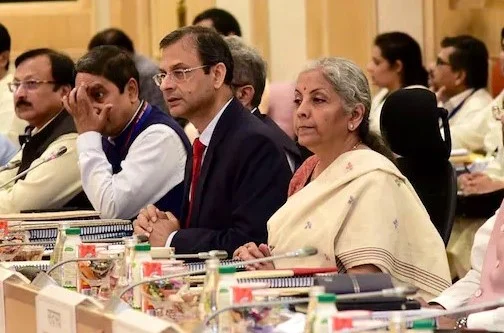
- Lower GST on Namkeen Snacks:
In a consumer-friendly move, it reduced the GST on certain namkeen snacks from 18 percent to 12 percent. The decision would bring down the price of routine Indian snacks, leaving relief for consumers, hence more demand in the market.
- Exemption for Foreign Airlines:
The GST Council also decided to exempt foreign airline companies from the levy of GST on the import of services. This has been done in order to help the foreign carriers and reduce their cost of operations so that they remain competent in the global aviation market.
- GST for Government-Run Universities and Research Institutes:
Exemption of the central government or state government universities/research institutions, or those approved as eligible for an income tax exemption, has been allowed from the payment of GST on funding provided for research purposes. The objective of the endeavor is to unshackle these institutions from the burden of GST on funding provided by both government and private agencies for innovation and academic pursuits.
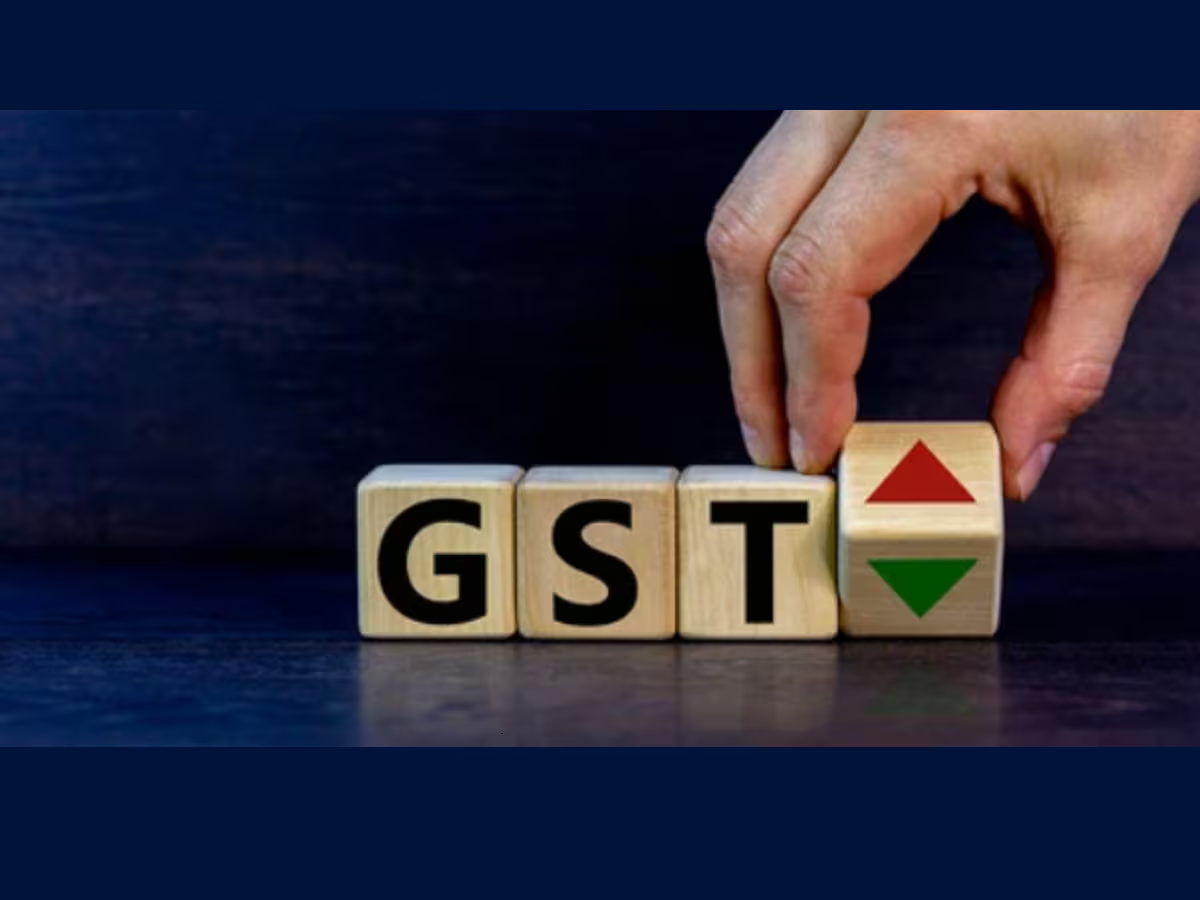
- Compensation Cess Collection Update:
The council also discussed the collection of cess and estimated that the total cess revenue would reach Rs 8.66 lakh crore by March 2026. A Group of Ministers would be formed that would decide on the future of the cess post-2026-whether it will continue and the way funds are apportioned.
- Disposing off Negative Balance in IGST:
A special committee, under the chairmanship of Additional Secretary (Revenue), will focus on how to solve issues relating to the negative balance of the IGST. This is mainly done with the aim of clawing back the excess amount of IGST that was paid out to the states for better fiscal management.
- Rate Rationalisation:
The council's GoM presented the rate rationalization in a status report and scheduled a meeting for further discussion on September 23. The idea is that there should be a balanced and simplified GST structure which would help businesses and consumers equally.
- Commercial Properties Rental:
Later, to prevent revenue leakage, the council brought renting of commercial properties by unregistered persons to registered persons under the ambit of the Reverse Charge Mechanism. The move basically aims at tightening compliance to ensure proper tax collection.
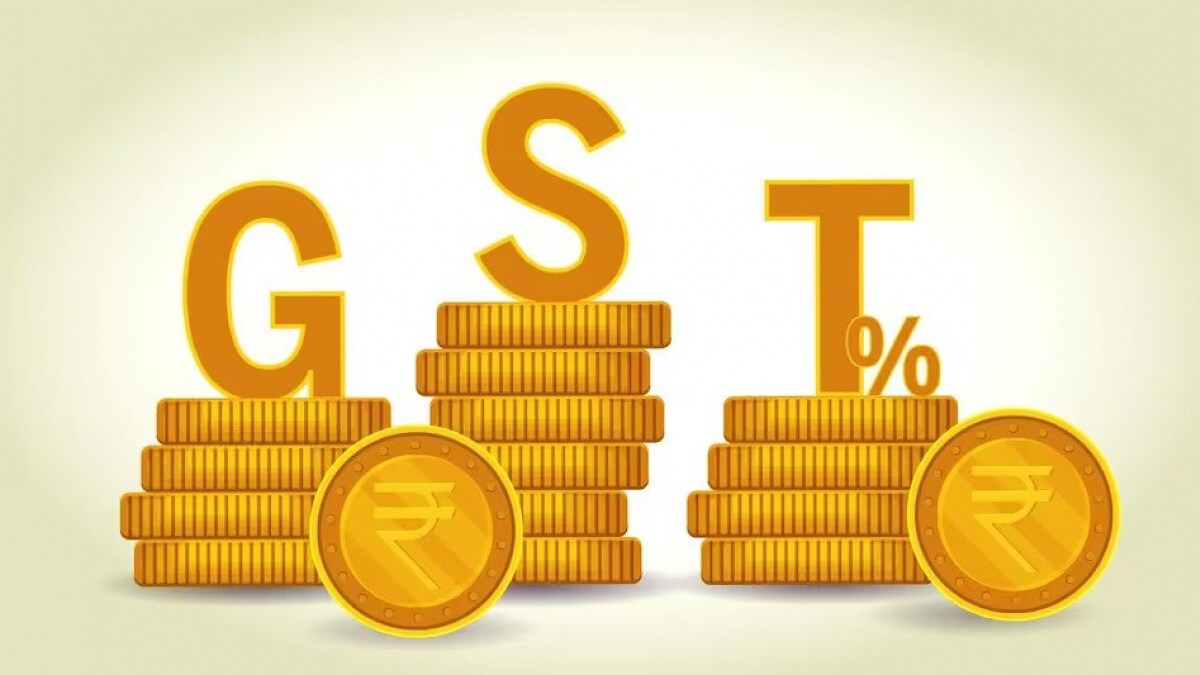
Other Key Announcements:
-
A new Business-to-Customer GST invoicing system shall be introduced w.e.f. October 1, 2024.
-
GST on car seats increased to 28% from 18%.
-
The revised GST rate on the RMPU air conditioning machine for railways is 28% .
-
These decisions are indicative of the continuous striving of the council towards simplification of the tax regime, easing the burden of consumers, and raising efficient revenue collections from all sectors.
Inputs by Agencies
Image Source: Multiple Agencies
Ⓒ Copyright 2024. All Rights Reserved Powered by Vygr Media.

